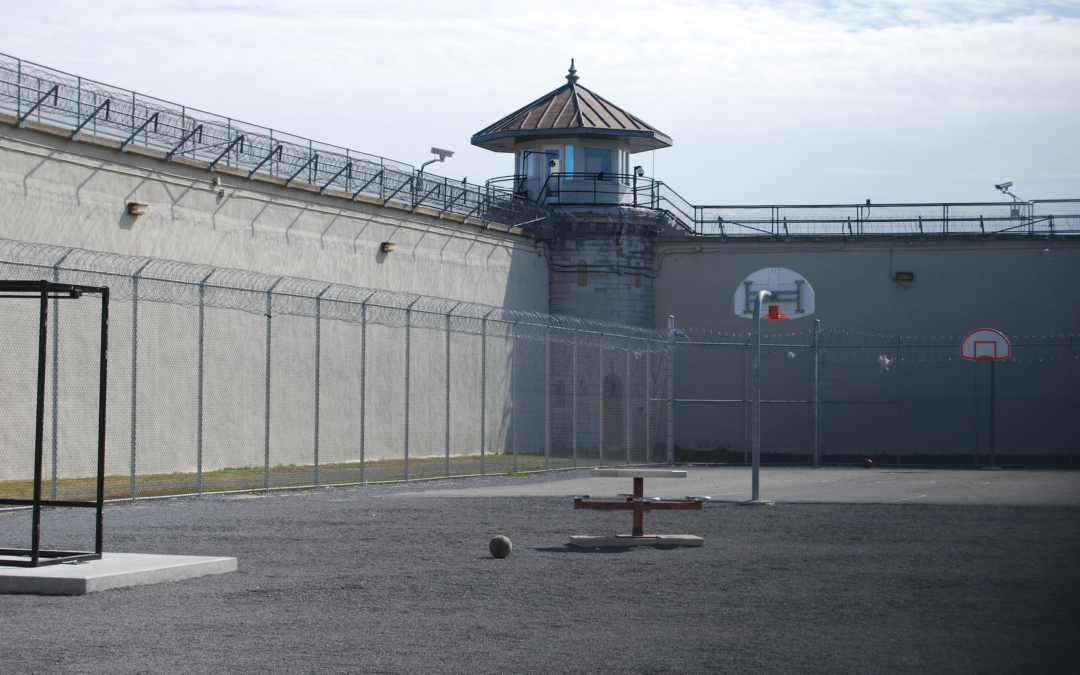- Psychologists have a role in evaluating policies and programs aimed at supporting children who are experiencing parental incarceration
There is such a large population of children with incarcerated parents in the United States that even “Sesame Street” is addressing the issue. In 2013, the program introduced Alex, a character whose father is in jail, to highlight the stigma and coping difficulties experienced by children of incarcerated parents. The show’s handling of the topic sparked public interest and initiated a wider discussion about the need for increased support for children of incarcerated parents and their caregivers.
Estimates suggest that 2.7 million children have at least one parent behind bars, and at least 5 million have experienced parental incarceration at some point in their lives. These numbers are concerning since parental incarceration often leads to a host of psychological strains that affect children’s well-being, including having reduced contact and communication with the incarcerated parent and enduring stigma. As a result, these children are at increased risk of depression, aggression, antisocial behavior and delinquency. Parental incarceration is also correlated with other adverse effects on children, such as being suspended or expelled from school; having poor physical health; and experiencing increased hardship and deprivation, including food insecurity and relocation or displacement from their homes. Thus, parental incarceration can lead to social and economic inequality for children, especially when coupled with other disadvantages often experienced by families of incarcerated individuals.
Considering the potential ramifications, children of incarcerated parents and their families need attention and support, not just from TV programs and the public but also from policymakers. One state that has been at the forefront of addressing these issues is Oregon. In 2001, Oregon was one of the first states to pass legislation to increase family bonding visits between children and their incarcerated parents. More recently, in 2017, Oregon became the first state to enact a set of guiding principles for its state agencies that aims to protect children from the trauma and stigma associated with parental incarceration. These principles strive to improve communication and visitation between parent and child, consider children’s best interests when making decisions, and prioritize children’s psychological and physical needs through services and programs. Other states, including California, Illinois, New York and Washington, have passed parallel legislation designed to protect parental rights for incarcerated parents, support caregivers in aiding their children and strengthen family reunification efforts.
As legislation emerges to support these children, evaluation research is needed to determine the effectiveness of policies and programs aimed at ameliorating the negative consequences they often experience. In particular, psychologists should investigate how policies are being implemented by agencies, the types of resources that most help children of incarcerated parents, the materials that are most useful in helping caregivers assist children in coping with social stigma and the pathways needed to maintain strong family connections. Longitudinal research is especially needed to determine the factors that prevent and reduce the intergenerational cycle of prison and poverty. Such work will reveal how legislation can best be used to support families as they navigate the experience of incarceration while also offering critical knowledge to practitioners who support children of incarcerated parents.
Reference:
Noel, M. & Najowski, C. (2019). When Parents are Incarcerated, their Children are Punished, too. Vol. 50 No. 8. Pg. 33. American Psychological Association.


Recent Comments